Acne is a skin condition that’s caused by many different factors, including genetics, hormones, bacteria, and the natural oil sebum. Vitamin H deficiency or Biotin Deficiency can also be a cause of acne in adults. If you’re struggling with adult acne then it’s worth getting your vitamin levels checked to see if there is a deficiency in any key vitamins. While the exact link between biotin and acne is still unclear, it may be worth investigating as an additional treatment option for those who are not responding to conventional treatments.
The most common symptoms are whiteheads (pustules), blackheads (comedones), and pimples (zits). Acne usually occurs on the face but can sometimes occur on other parts of the body. Acne commonly affects people during puberty when the skin produces large amounts of sebum; however, acne can also occur in adult life.
Contents
Is Biotin a Good Treatment for My Skin?
To date, there is no consensus on why biotin should be beneficial for human skin. More study is needed to understand why biotin is helpful for people’s skin.
Individuals who do not have enough biotin in their bodies are more likely to develop skin problems such as scaly, red rashes, according to researchers.
Biotin has also been found to aid in the treatment of psoriasis.
Biotin’s ability to assist in fat catabolism is one of the reasons why it’s beneficial to your skin. This mechanism is what researchers propose is behind biotin’s anti-aging effects.
What remains uncertain is whether biotin can help people’s skin when there are no problems.
Related: Biotin: A direct Cause or a Cure for Acne?
What Are B Vitamins and How Do They Help with Acne?
Biotin has been linked to acne, but some research suggests that it may help with comedonal acne, which includes symptoms such as blackheads and whiteheads on the forehead and chin.
Furthermore, this vitamin may aid in the treatment of flaking and irritation caused by acne, resulting in red, crusty rashes on the skin.
According to a 12-week study in people with moderate to severe acne, those who used both a topical cream and an oral supplement containing biotin and other vitamins saw greater improvements based on the global acne grading system.
Although this research suggests that biotin might be useful in the treatment of acne, it’s crucial to remember that other vitamins and minerals were also present in the regimens.
Vitamin B5, also known as pantothenic acid, has been studied for acne treatment in addition to biotin.
A 12-week study in 41 people with mild to moderate acne demonstrated that those who took a pantothenic-acid-based supplement had significantly fewer inflamed lesions than those who received a placebo.
There are no specific recommendations for biotin or vitamin B5 dosage to treat acne, therefore it’s best to consult a dermatologist or doctor to establish a secure strategy.
Does Biotin Cause Break Outs?
Some experts have claimed that Biotin supplements can cause acne. However, other experts have said that biotin has the opposite effect and could actually help to clear up spots.
There appears to be very little scientific evidence to support any definitive link between biotin deficiency and breakouts. To date, no studies have linked Vitamin H deficiencies with worse acne than normal levels of this vitamin would cause.
Related: Best Acne Supplements: In-depth Guide to Help You Fight Acne
Importance of Vitamin H to Acne
Acne is an embarrassing skin condition that can affect people of all ages. It can cause many different problems, like embarrassment, low self-esteem, and even depression. While genetics play a large role in acne development, other factors can make it worse or more difficult to treat effectively. However, there are some alternative treatments available for those who are not responding to conventional treatments. Vitamin B7, also known as biotin, maybe one of them.
Vitamin H is an important part of many different roles in the body. It helps with converting food into energy and it also aids in skin health, hair growth, and brain function. When a person has acne it’s often a sign that something in the body is not working properly. In many cases, this can be due to a vitamin deficiency. When a person does not have enough biotin in their diet or body, it can lead to certain skin problems like acne.
Biotin (Vitamin B7) Deficiency
Biotin deficiency can be caused by low intake or a genetic abnormality, though it appears to contribute to certain inflammatory and immunological diseases.
Women who are pregnant or breastfeeding are at a greater risk of deficiency since biotin metabolism is altered during pregnancy and breastfeeding.
Biotin deficiency is characterized by the following symptoms:
- hair loss or thinning
- acne
- brittle nails
- depression
- tiredness
- seizures
The most typical symptoms are fatigue, aches, and pains, weight gain or loss, nausea, vomiting, mood changes. Some of these problems have an impact on the hair, skin, and nails. This is one of the reasons why biotin has earned a reputation for being beneficial to these aspects of the body.
Why Does Biotin Cause Breakouts?
Biotin can cause breakouts because it causes your body to absorb it inadequately. It’s not that biotin causes acne.
It’s because it prevents your body from absorbing other nutrients that help to counteract acne symptoms.
Biotin is absorbed via the same pathway as other nutrients, such as vitamin B5. As a result, consuming more of one prevents your body from absorbing any additional amount of another.
Biotin can improve skin problems when taken in adequate amounts. Vitamin B5 deficiency might make your acne worse, and this may be a factor behind why some people see pimples after taking a biotin supplement.
Taking a biotin multivitamin instead of a pure biotin supplement is another option.
To counteract the rise in biotin entering your system, a multivitamin will include other key elements such as vitamin B5.
How Can You Avoid Getting Acne Breakouts?
Razors or rashes can be easily covered with moisturizer and concealer. Razor burn and rashes may all be concealed with the use of a suitable moisturizer and concealer. Any of these Stryx kits will help you feel great about your skin.
To cleanse your face of extra sweat, oil, and grime, you should make sure to wash it well. Drinking adequate amounts of water is also beneficial in keeping hydrated.
You should avoid spending too much time in the sun and not go to bed with makeup on. Acne can have a variety of causes, so consider each one carefully to see where you may enhance it.
Biotin’s role in the development of acne is minor if any. You should continue to take any supplements or multivitamins as prescribed by your doctor.
Read More About:
15 Greatest Benefits of Biotin (Vitamin H) For Health, Hair, and Skin
Is High-Dose Of Biotin Good For You?
How much biotin should I take in a day?

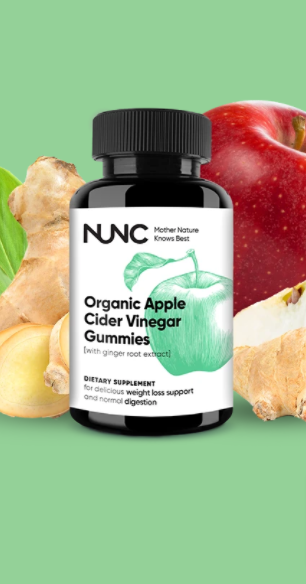



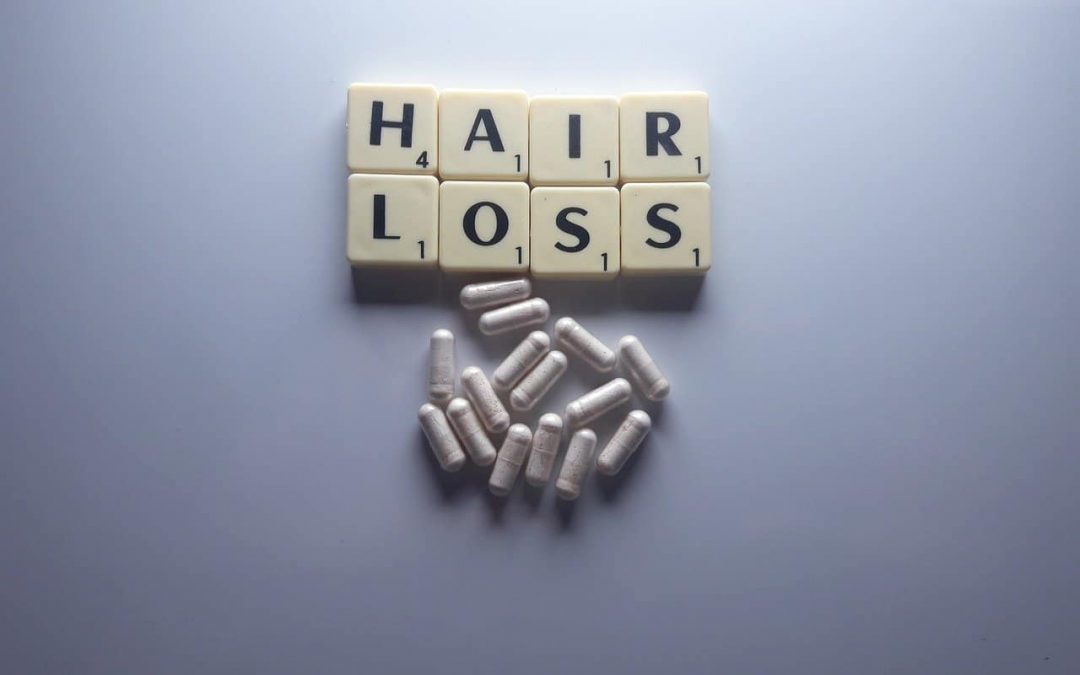
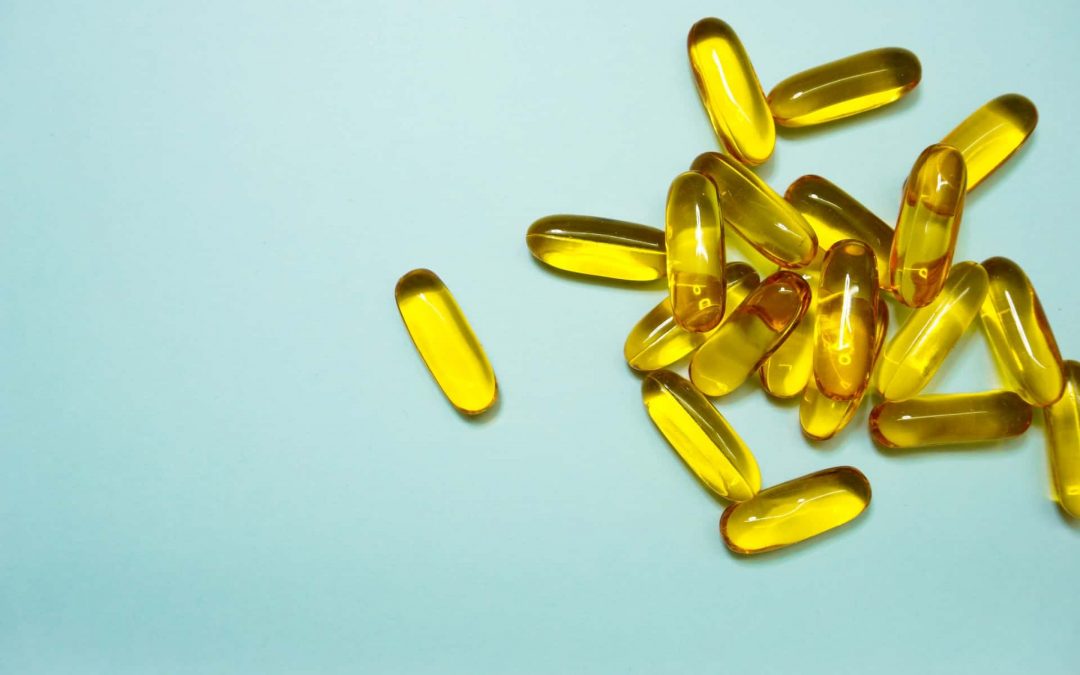
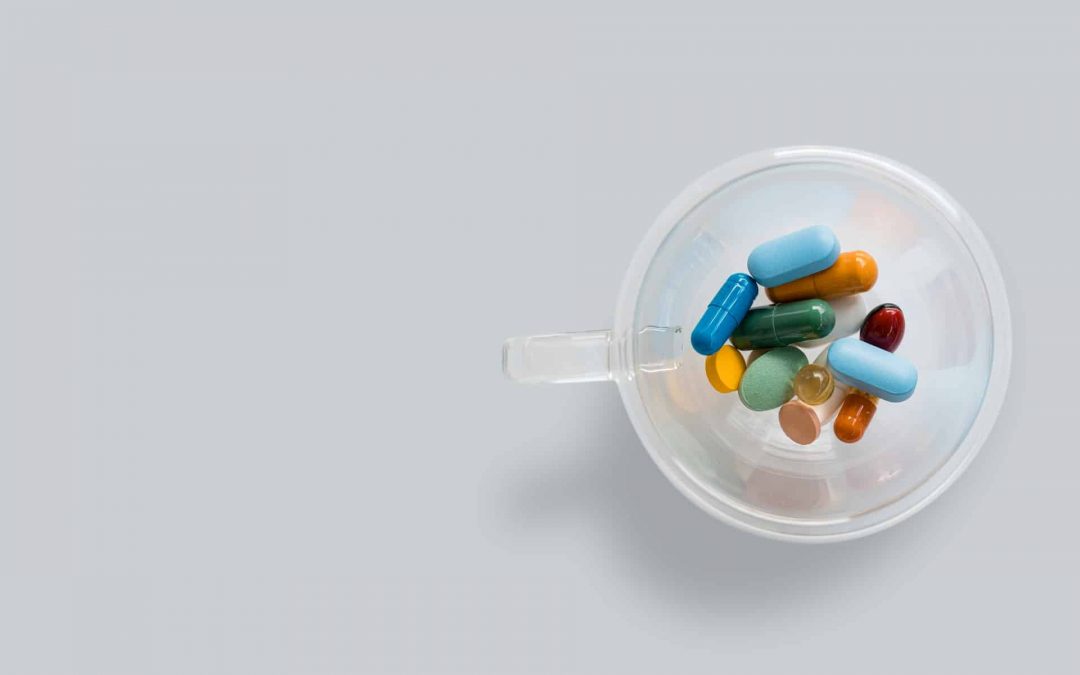
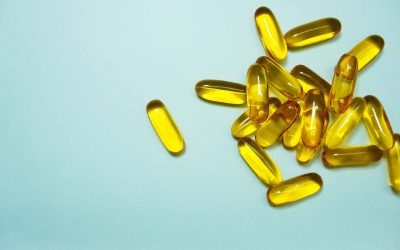


0 Comments